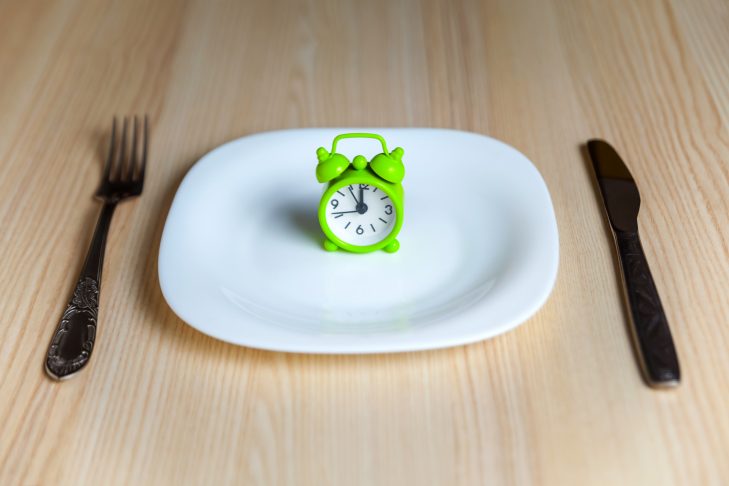Here are my Yom Kippur musings:
- I commented to an Israeli friend that it always strikes me as strange that people wish each other “an easy fast” on Yom Kippur. He agreed: “Doesn’t that miss the point? It’s supposed to be a hard day.” I agree. It is a challenging day, but for a good reason: It’s a day that reminds us of the difficult but important things we are called upon to do in life and the value of self-discipline. Anyway, that’s the way I’m choosing to look at it this year.
- My mother is 102-plus years. Clearly the Yom Kippur prayer wondering “who shall live and who shall die” is not a theoretical one. But this has been the case for several years already, so in a way, it’s not as heavy a question as it used to be. God willing, we will be asking the same question at the same time next year!
- It’s the 50th anniversary of the Yom Kippur War. It was alluded to by both rabbis in shul today. Yom Kippur in Israel evokes memories of that conflict every year, but especially on this one. If I’d given the sermon, my focus would have been more directly centered on the unprecedented Israeli protest movement in defense of liberal democracy this year, and how 50 years after the worst external crisis facing Israel, we are now confronted with its worst internal crisis. What should the role of Diaspora Jews be in the face of this existential and frightening crisis? Should we be pessimistic in the face of the adverse impact on the Israeli economy and defense, or should we be optimistic about the awakening of the populace that is so ardently and nonviolently pushing back against the most extremist, theocratic and racist government in Israel’s 75 years? This is what I would have focused on. What kind of Jewish state do we wish to see: one that supports liberal democratic values and Jewish pluralism or one that denies equal treatment to its minorities and seeks to annex territory and impose Torah Judaism on all its inhabitants? I would have issued an urgent call to action to my fellow congregants as we are all stakeholders in the Zionist project. I did not hear that. If not on Yom Kippur when we are the most captive audience, then when?
- I was reminded of the importance of Jewish peoplehood as I sat in shul today. One of the rabbis spoke eloquently about this. There is always that perennial question: Why be Jewish? In the Haftarah reading from the Book of Isaiah, the prophet admonishes us that fasting and ritual observance are not enough. As Jews, we must accompany our religious rituals with acts of social justice. But if being a good person is what God really wants of us, why be Jewish? Can’t we all act ethically without an attachment to Judaism per se? So, this is where the importance of human connection and community comes in. Jews are encouraged to act together as a group, not alone as individuals. Our confessions on Yom Kippur are made jointly. We confess our sins communally, not individually. Even our fasting is a communal experience. Belonging to the Jewish people is a value akin to family ties: Even though we may not love or even like each and every member of our family, we try to remain loyal to them. The same holds true with Jewish bonds. Could I ever imagine spending the whole day of Yom Kippur at home davening alone? It’s just not the same. Yom Kippur is an affirmation of Jews caring for one another, even in a congregation with so many familiar faces whose names I still don’t know.
- Sad to say, but gathering in a large group on Yom Kippur raises my awareness of security concerns in the face on ongoing incidents of antisemitism in our own country. Think Tree of Life in Pittsburgh. I try to exercise “situational awareness” in my synagogue by looking around and seeing where the closest exit is in case of an emergency. I even spoke to a couple of the security officers about this. There are some definite barriers to exiting the synagogue, and I believe that all of us need better training as to what to do in case of an emergency attack. No one likes to think about this scary topic, but isn’t it better to be safe than sorry?
- How is this Yom Kippur different from other Yom Kippurs? Hard to say. I did have the pleasure of sitting with two Israeli graduate students from the Harvard Kennedy School and answering their questions about aspects of our services and practices that are so different in Israel. Seeing our religious culture through their eyes always raises my own awareness. Having the rabbi invite one of them to hold a baby-naming ceremony for his newborn this week was particularly gratifying.
- The more things change, the more they remain the same: Yom Kippur is not a fun experience. Period. I dread it every year and feel very relieved at its conclusion. As I age, this holy day just seems to return on the calendar much sooner each year. I try to make it a day of meaning and reflection, but it’s still an aspiration. After all, how can you think straight when you’re starving? Now, obviously, I’m not objectively starving, but I’m hungry and cranky. It’s Yom Kippur business as usual, what can I say? One year—actually my junior year abroad in Israel at the age of 19—I decided to act “rationally” and break my fast early. I did so because I found the day had no meaning as all I could think about was how hungry I was. So, what happened? I ate something and returned to shul for the Ne’ila service with my fellow classmates. And then I discovered the true meaning of Yom Kippur, for me, anyway. I felt like a traitor, a fraud. There I was praying fervently with the others as the gates of heaven were about to close, but I felt I had betrayed the trust of my people. Since that fateful Yom Kippur, I have never not fasted—not because it goes against my religious beliefs but because it felt like an act of disloyalty. We are all in this together. Of course, I have no issue regarding the personal choices other Jews make about their own level of observance. But, for me, it sealed the deal as to why I fast and attend services on Yom Kippur: It’s an affirmation of my connection to my people both past and present.
- Last, but not least: How do you spell relief? B-r-e-a-k-f-a-s-t. Coffee, kugel, bagels, lox, cream cheese, white fish salad and some cake. Food never tasted so good. And next Yom Kippur is only 364 days away.
This post has been contributed by a third party. The opinions, facts and any media content are presented solely by the author, and JewishBoston assumes no responsibility for them. Want to add your voice to the conversation? Publish your own post here. MORE



